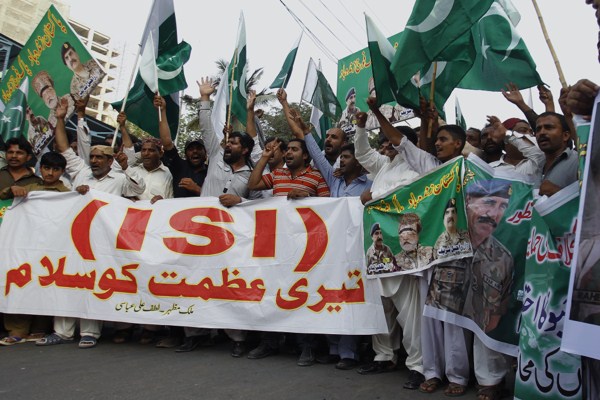Last week, Lt. Gen. Rizwan Akhtar took over as head of Pakistan’s Directorate for Inter-Services Intelligence (ISI). In an email interview, Frederic Grare, senior associate and director of the Carnegie Endowment for International Peace’s South Asia program, discussed the evolution of ISI.
WPR: How have ISI’s strategic priorities changed over the past decade as a result of the changing security and political realities in Afghanistan and India?
Frederic Grare: This kind of question is difficult to answer for two reasons: The internal functions of intelligence systems around the world are opaque by necessity, and the ISI is no exception; and even though it enjoys a degree of autonomy, the ISI does not promote a policy of its own. As its name (Inter-Service Intelligence) suggests, it is the intelligence body of the three arms of the military, and as such reflects the broader military view. Even though it might also display its own “corporate” thinking, the ISI is only one voice within the security establishment—even if it is a powerful one.

